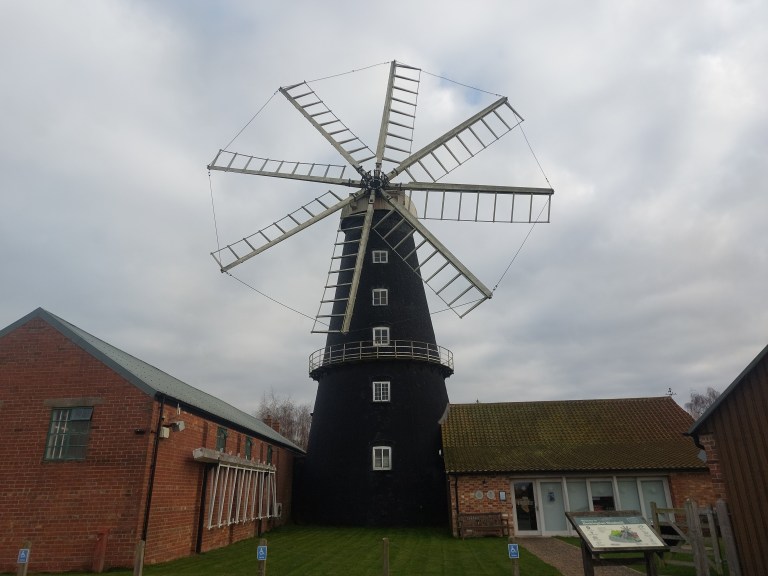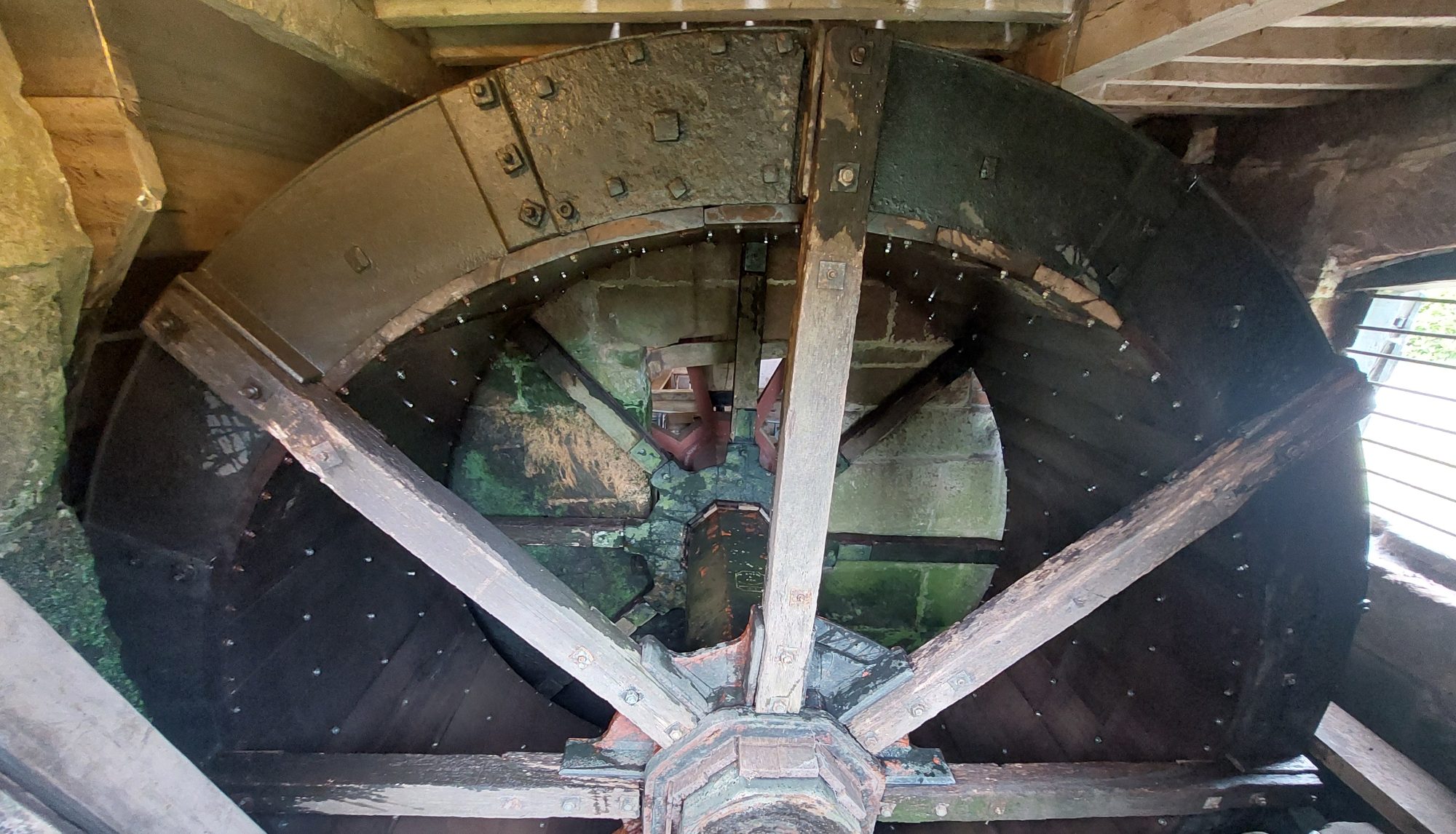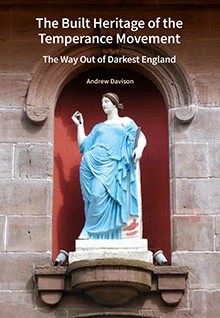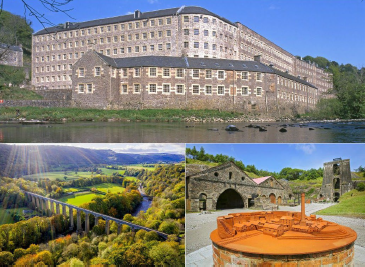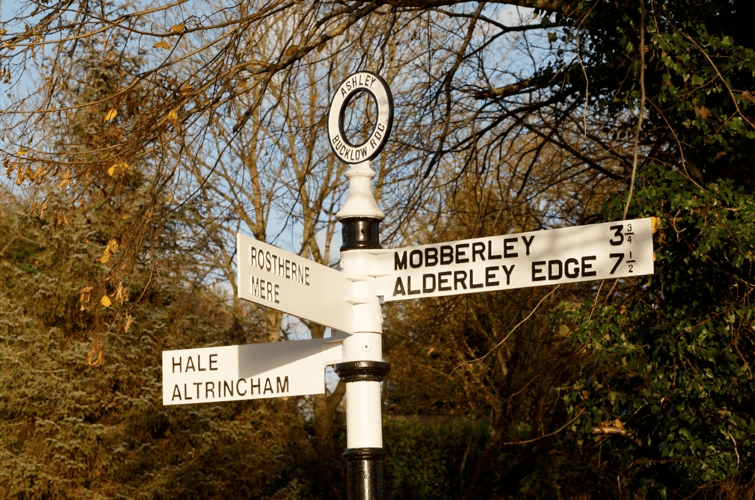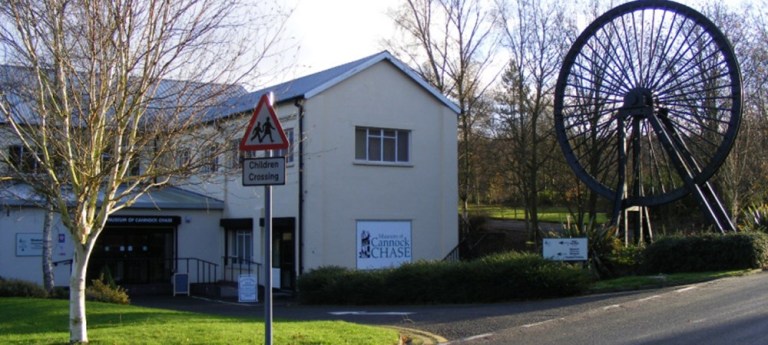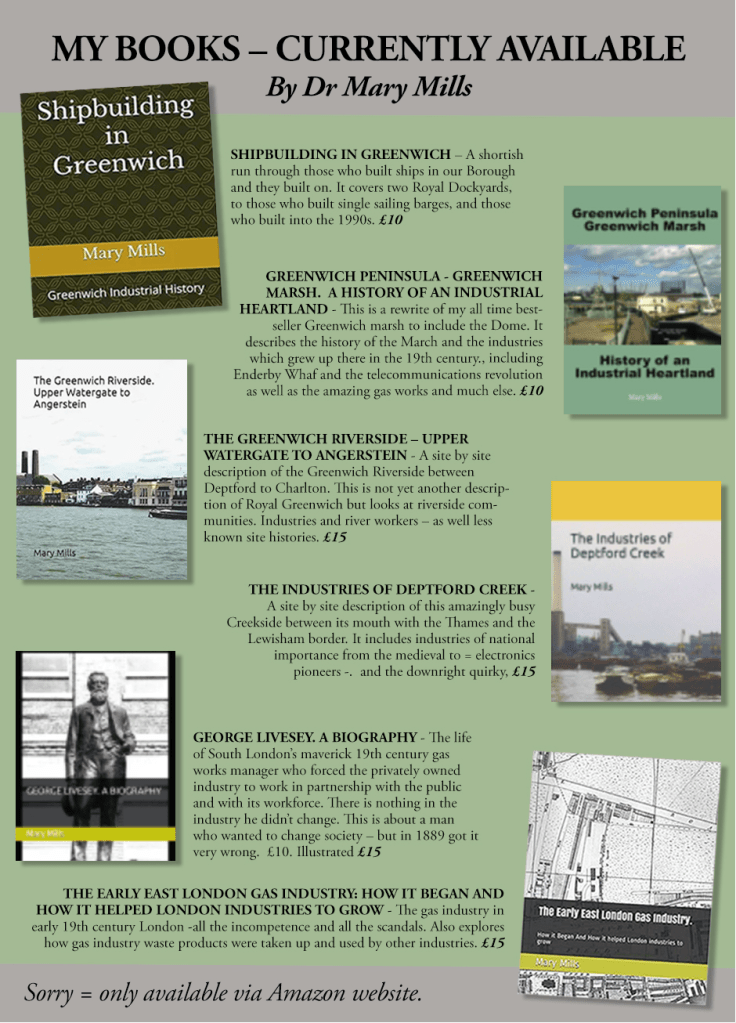To celebrate the National Mills Weekend 2026, 9th and 10th May, the SPAB Mills Section wants to build up a new and comprehensive picture of mills of all types throughout the UK and Ireland. This year’s theme, ‘Now and Then’, invites owners, volunteers, millwrights or anyone interested in the history of a mill to write about how one has evolved.
SPAB would like to understand a mill’s origins and how the structure and uses have changed over its lifetime. This can be a post mill, smock or tower mill, a watermill or tidemill, or an industrial mill. The mill must be located in the UK or Ireland. Up to four photos or drawings can accompany the text.
All submissions must be the writer’s own work, and photographs to be accompanied by the date and name of the photographer and their permission. Or, if it is a historic photo, permission of the copyright holder. Drawings to be similarly annotated.
Entries may be edited, and selected submissions will be incorporated into a SPAB Mills Section publication in 2026. Entrants will need to grant copy and reproduction rights to SPAB in print or online.
The chosen entrants will receive a copy of the publication, which will be available for sale through the SPAB.
The deadline for submissions is Thursday 30th April 2026. All entries to be submitted via email to: nmwsubmissions@spab.org.uk
